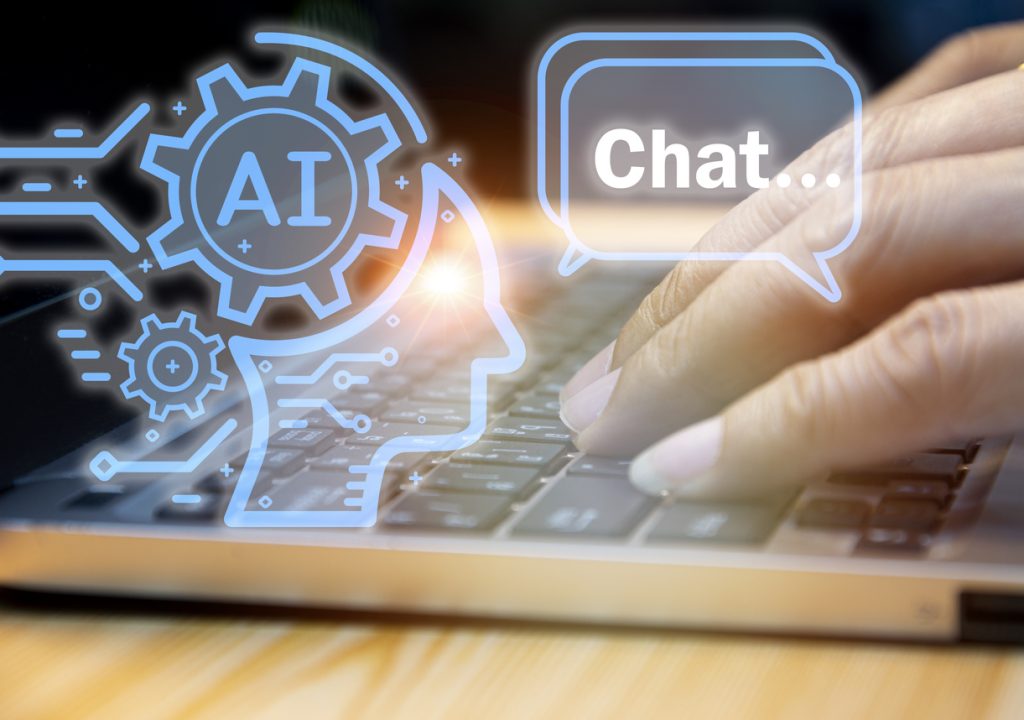Job seekers are already accustomed to the use of technology in the hiring process, from automated keyword screening on resumes to video interviews. Now, some companies are using artificial intelligence (AI) chatbots to conduct first-round interviews with job candidates.
But is taking the “human” out of “human resources” a good thing? Some experts are worried about the limitations of AI chatbots in the hiring process. In this blog post, we’ll delve into:
- How AI is being used in recruiting
- Potential problems and challenges presented by AI
To improve efficiency, companies are adopting AI chatbots to screen or pre-qualify candidates. At this time, chatbots are being used primarily for roles with a high number of applicants. They ask basic questions such as “Do you know how to use a forklift?” or “Can you work weekends?” While we haven’t seen AI being used to conduct interviews for highly skilled roles yet, it could become more common as the technology matures.
Potential Glitches Using AI Chatbots
The technology behind AI has advanced quite a bit in recent years, but these systems still aren’t perfect. They can be buggy, which can lead to frustrating mishaps and confusion. Stories of chatbots failing to schedule interviews or retain accurate information aren’t rare enough to risk leaving them in charge quite yet. It’s crucial that hiring managers using AI keep a human recruiter involved to resolve any issues. Otherwise, companies risk losing qualified candidates due to technical issues.
The Problem with Automatic Rejection
Chatbots are designed to ask straightforward questions and require simple, clear-cut answers. If a candidate’s responses deviate from what the AI considers normal, they may be automatically rejected. This is of particular concern when interviewing candidates with disabilities, individuals who may not be proficient in the language the AI assistant is using and anyone who may respond to questions in a manner the chatbot does not understand. Until the technology improves, AI interviews may potentially screen out great candidates while increasing the risk of discrimination lawsuits.
The Perils of Discrimination
This problem arises when the data used to train the AI brings unintentional bias with it. As AI assistants become more common in the hiring process, employers will need to learn how to prevent discrimination by ensuring the data their AI tools receive does not unintentionally create any type of bias. We suggest that employers using AI chatbots fully inform candidates about the process in advance, so they can feel more comfortable and confident about the screening process.
Leveraging AI is just one of several actions CIOs can take to revitalize their hiring process. As the technology continues to evolve and improve, we can expect to see companies use AI models to screen higher-level positions including IT roles. This makes understanding the opportunities and potential challenges that lie ahead all the more crucial for both employers and job seekers.
With an AI-powered future on the horizon, it’s important to remember the value of human contact. We can work towards making the hiring process more efficient through technology, but human connections will always be needed to attract and retain top candidates, who may receive multiple offers.
About BravoTECH
At BravoTECH, we help employers and IT professionals navigate the complex job market while ensuring technology enhances the recruiting process. Contact us at info@bravotech.com or 800.762.7286.



